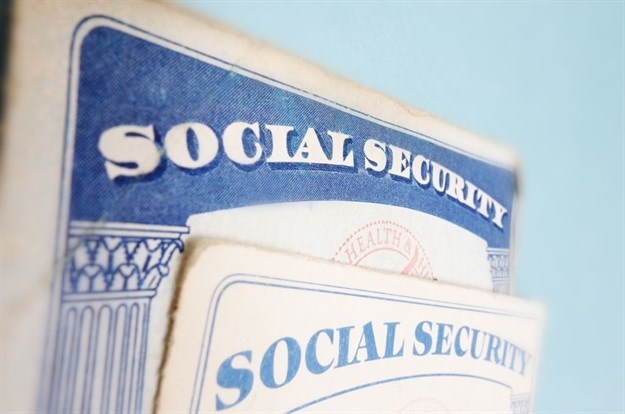
Subscribe & Follow
#AfricaMonth
In the news
PPP parties should learn from current SASSA/CPS saga

Where a private company is awarded a tender in which it will perform public functions under a public power, such as the payment of social grants or the supply of prepaid electricity meters (see City Power v Grinpal Energy Management Services), it will be treated as an organ of state in respect of those functions and powers.
On Wednesday, 15 March 2017, the Constitutional Court (Court) heard the matter of The Black Sash Trust v Minister for Social Development and Others. The Court was asked to make an order to ensure that the South African Social Assistance Agency (SASSA) complies with its constitutional obligation to provide social assistance to the beneficiaries of social grants.
SASSA action
In 2012, SASSA entered into a contract with Cash Paymaster Services (CPS) for the payment of social grants to beneficiaries after being awarded a tender to do so. In 2013, the Court declared the award of the tender invalid; however, the order of invalidity was suspended pending a determination of a just and equitable remedy.
In 2014, in AllPay Consolidated Investment Holdings and Others v Chief Executive Officer of the South African Social Security Agency and Others (AllPay 2), the Court declared the contract concluded with CPS invalid and ordered the tender process to be re-run with no disruption to the payment of existing social grants to beneficiaries. In doing so, the Court maintained its jurisdiction to supervise the matter and suspended the declaration of invalidity pending a decision by SASSA to award a new tender.
In coming to its conclusion in AllPay 2, the Court made the significant finding that as CPS had undertaken a constitutional obligation and was performing a public power under the Constitution; it too is considered an organ of state in fulfilment of those obligations. This finding was made notwithstanding the fact that CPS is a private company.
Constitutional obligations could be imposed
The 2017 SASSA hearing reiterated the import of this finding in an exchange between the justices of the Court and counsel for CPS. In this exchange, the Court – primarily through Chief Justice Mogoeng – explored the possibility of stepping into the commercial arrangement between SASSA and CPS and going beyond the terms of the contract between the two parties.
The Court put it to counsel that it may be in a position to authorise CPS to fulfil its constitutional obligations beyond 31 March 2017 (when the current contract expires) even without a new contract having been agreed and despite the fact that it will not be commercially beneficial to CPS to do so.
The manner in which the SASSA/CPS saga is currently unfolding, (the highlighted debate in particular) together with the finding in AllPay 2, could mean that private sector companies tendering for public sector work may get more than they bargained for when awarded a tender. The judgment issued by the Court in the current matter should provide useful further guidance on this issue.
Private sector clients would therefore be well advised to seek guidance and advice regarding the obligations they intend to undertake in terms of tenders.
About Lionel Egypt, Sarah McGibbon and Yana van Leeve
Lionel Egypt is a director, with Sarah McGibbon and Yana van Leeve being associates in the CDH Dispute Resolution practice.Related
Reserve Bank halts Sassa card switch, sparking concern among grant recipients 17 Apr 2025 Another extension for Sassa beneficiaries to switch to black cards 1 Apr 2025 Sassa explains why it paid grants to 75,000 dead people 24 Mar 2025 About 1.9m people still need to swap gold cards as Sassa deadline looms 5 Mar 2025 Deadline for Sassa card transition extended to 20 March 2025 14 Feb 2025 Sassa Gold cards to stop working on 28 February 2025 - beneficiaries urged to replace them 13 Feb 2025









